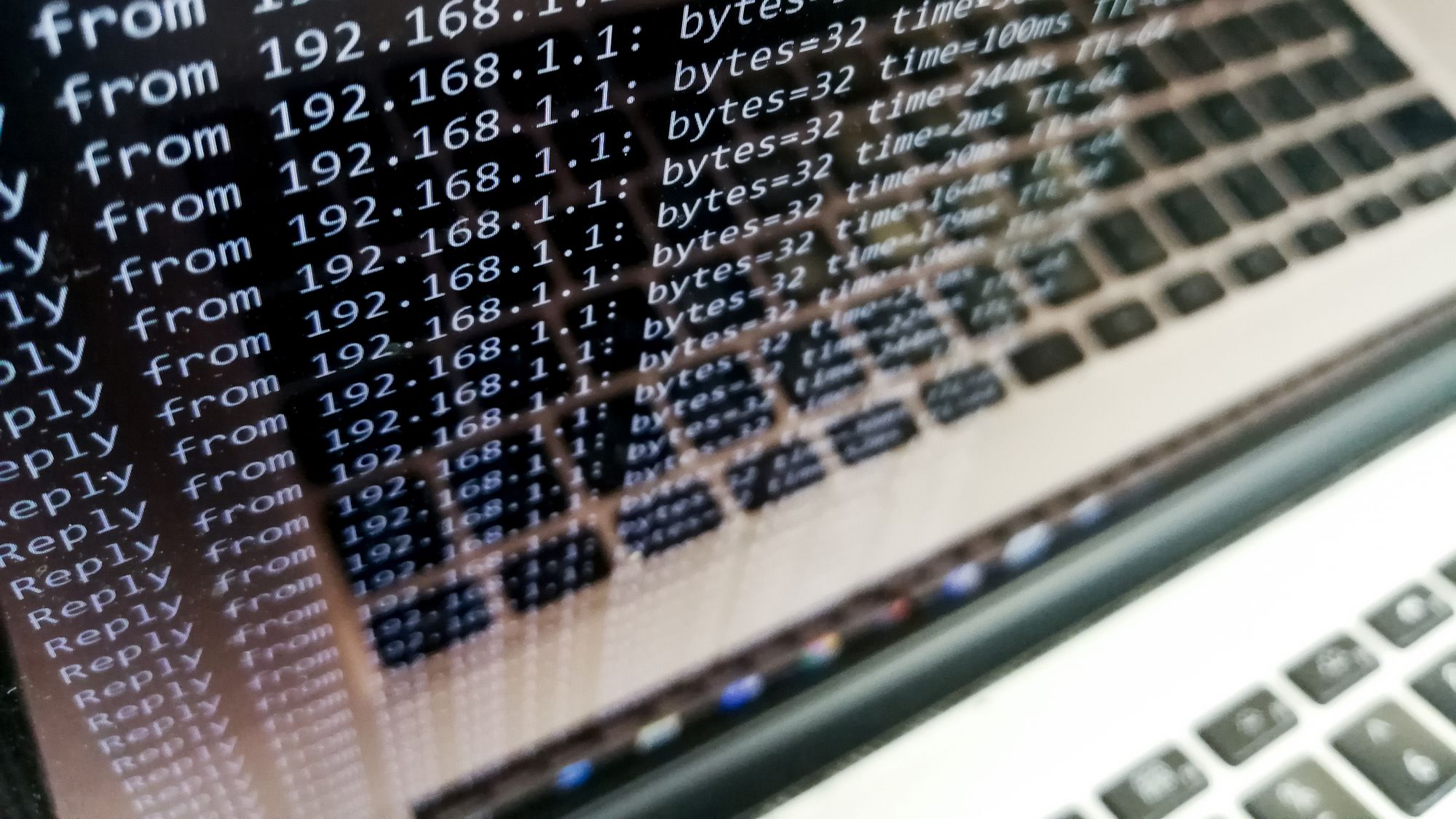Kaspersky flags up Olympic cyber security threats
Anti-virus vendor claims hackers could seize on this summer's Olympic Games to mount a series of high-profile attacks.

Anti-virus software vendor Kaspersky has warned end users to be on their guard against cyber criminals using the Olympics to launch phishing scams and DDoS attacks.
The vendor's words of warning comes several days after Jonathan Evans, MI5's director general, said this summer's London Olympics could prove an attractive target for terrorists groups.
We could see hackers target systems directly connected to the games.
Speaking to IT Pro, David Emm, senior regional research at Kaspersky, said end users might also find themselves under siege from cyber criminals attempting to cash-in on the event.
"One of the dangers is people being lured by mistake to an illegitimate site set up by someone who wants to profit from the event by pretending to sell items, like merchandise or tickets, that they are not authorised to," he explained.
"This could result in people giving up their personal information or surrendering a sum of money and being defrauded by scammers."
This is a problem that may have been exacerbated by the ticket selling process the organisers have used, offered Emm.
Sign up today and you will receive a free copy of our Future Focus 2025 report - the leading guidance on AI, cybersecurity and other IT challenges as per 700+ senior executives
"Tickets have become available in stages and sponsors have had them to giveaway, whereas if they were all sold at once it might be easier to say the tickets that are appearing on sale after a certain date are unlikely to be genuine," he said.
With BT ramping up the number of Wi-Fi hotspots and London Underground rolling out similar services at selected tube stations across the capital for the Olympics, Emm said end users should use these public connections with caution.
"There are going to be lots of people in the capital wanting to update Twitter and Facebook, access news sites and, possibly, shift money around between bank accounts to free up money for their trip," he said.
"They should be wary about what connections they use to do this. It may not be an illegitimate Wi-Fi network set up by a crook, but it might be a publicly available one that someone can intercept the traffic of."
The organiser's websites might also become a target for hackers that decide to seize on the Olympics to carry out a high-profile Distributed Denial of Service (DDoS) attack, he added.
"We could also see hackers targeting systems directly connected to the games, such as the mechanisms responsible for timing [the athletes]," Emm explained.
"I cannot comment on how easy that would be, but it will undoubtedly be something the Government will be going to great pains to avoid."
-
 Former Google engineer convicted after stealing AI, supercomputing secrets
Former Google engineer convicted after stealing AI, supercomputing secretsNews Linwei Ding told Chinese investors he could build a world-class supercomputer
-
 OpenAI sets February retirement date for popular GPT-4o model
OpenAI sets February retirement date for popular GPT-4o modelNews OpenAI has confirmed plans to retire its popular GPT-4o model in February, citing increased uptake of its newer GPT-5 model range.
-
 UK crime fighters wrangle “several thousand” potential cyber criminals in DDoS-for-hire honeypot
UK crime fighters wrangle “several thousand” potential cyber criminals in DDoS-for-hire honeypotNews The sting follows a recent crackdown on DDoS-for-hire services globally
-
 US begins seizure of 48 DDoS-for-hire services following global investigation
US begins seizure of 48 DDoS-for-hire services following global investigationNews Six people have been arrested who allegedly oversaw computer attacks launched using booters
-
 Will triple extortion ransomware truly take off?
Will triple extortion ransomware truly take off?In-depth Operators are now launching attacks with three extortion layers, but there are limitations to this model
-
 GoDaddy web hosting review
GoDaddy web hosting reviewReviews GoDaddy web hosting is backed by competitive prices and a beginner-friendly dashboard, and while popular, beware of hidden prices
-
 Japan investigates potential Russian Killnet cyber attacks
Japan investigates potential Russian Killnet cyber attacksNews The hacker group has said it’s revolting against the country’s militarism and that it’s “kicking the samurai”
-
 LockBit hacking group to be 'more aggressive' after falling victim to large-scale DDoS attack
LockBit hacking group to be 'more aggressive' after falling victim to large-scale DDoS attackNews The ransomware group is currently embroiled in a battle after it leaked data belonging to cyber security company Entrust
-
 Record for the largest ever HTTPS DDoS attack smashed once again
Record for the largest ever HTTPS DDoS attack smashed once againNews The DDoS attack lasted 69 minutes and surpassed the previous record of 26 million RPS
-
 Cloudflare mitigates biggest ever HTTPS DDoS attack
Cloudflare mitigates biggest ever HTTPS DDoS attackNews A botnet generated over 212 million HTTPS requests from over 1,500 networks in 121 countries